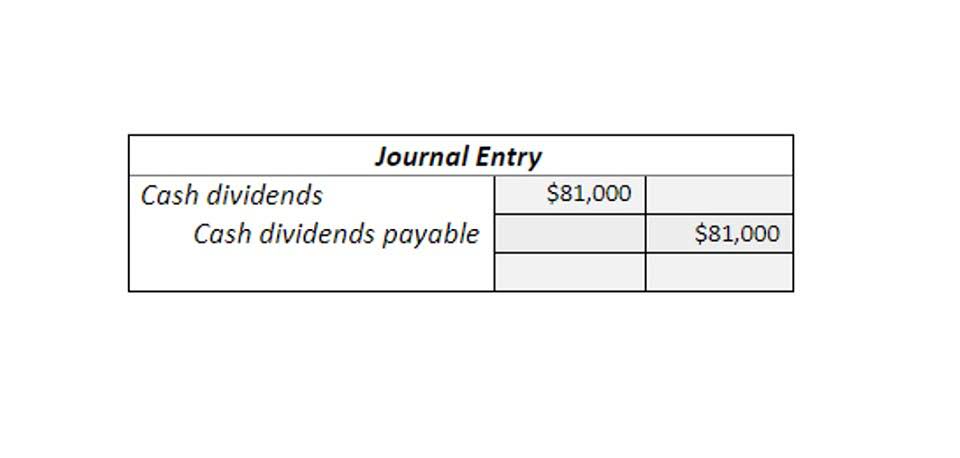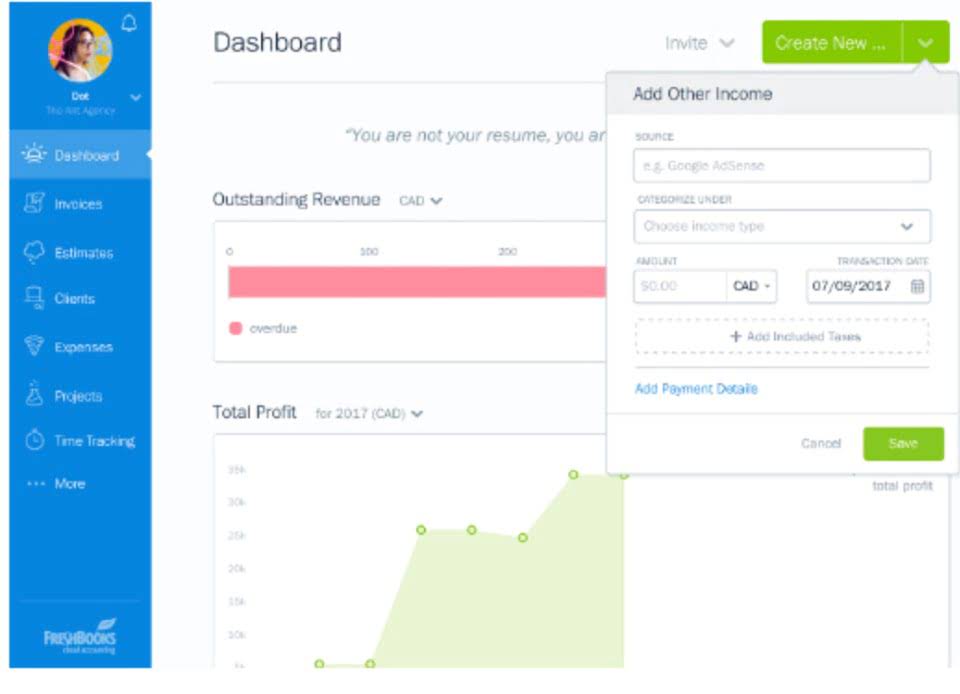
Unearned premiums are the portion of the premium that corresponds to the unexpired part of the policy period. Premiums have not been fully “earned” by the insurance company until the policy expires. If a policy is canceled before it expires, part of the original premium payment must be returned to the policyholder. While insurance premiums and other expenses can be costly, understanding what factors affect these expenses can help businesses save money and ensure that they what are retained earnings are adequately protected.
- Credit insurance may be one of the most important forms of protection because it shields companies from substantial losses that often result from business partners’ bankruptcies and temporary financial distress.
- The journal entry for insurance expenses is an important part of the accounting process.
- High-performance or luxury vehicles will have higher premiums than standard automobiles.
- Flexi offers cloud-based solutions that are scalable to accommodate the growth of insurance companies of all sizes.
- Having correct insurance accounting principles in place is the first step to a more stable financial future.
Which Accounting Method Should Insurance Companies Use?

Credit insurance may be one of the most important forms of protection because it shields companies from substantial losses that often result from business partners’ bankruptcies and temporary financial distress. Incorporating life insurance into a business’s financial strategy can influence financial statements, affecting both balance sheets and income statements. Life insurance policies with cash value components are recorded as assets, enhancing the company’s asset base and improving liquidity ratios, which reflect the company’s ability to meet short-term obligations. The amount of the insurance Accounting for Churches premiums that remain prepaid at the end of each accounting period are reported in the current asset account, Prepaid Insurance. The balance in this account will be combined with the balances in other prepaid expense accounts and will be listed on the balance sheet as prepaid expenses.
- Here are some common types of insurance that are recommended for a business depending on the type of business they operate.
- While insurance companies have been facing abounding uncertainty, regulators have been continuing to focus on improving the transparency of insurance companies’ operations to help stakeholders make informed investment choices.
- When considering cash vs. accrual accounting, it can be tempting to lean toward cash-basis accounting because of its simplicity.
- To record insurance expense and insurance payable transactions, corporate bookkeepers conform to specific norms.
- Deductibles and co-payments are two methods of cost sharing between the insured and the insurer, and they are both important considerations when looking at reimbursement.
- Insurance expense is the amount that a company pays to get an insurance contract and any additional premium payments.
What is the difference between prepaid insurance and insurance expense?
- The above journal is only used when the business pays for the owner’s personal insurance out of the business bank account.
- So when it comes to entering these transactions into the bookkeeping records of a business there are different journal entries to consider.
- When shopping around for insurance, it is important to compare premiums from different companies and policies to find the best deal.
- In this article, we explore ten examples of how this culminates into the ideal accounting solution for insurance companies.
- The good news for companies about such types of insurance is that they can be deducted from tax liability as a business expense.
- The amount of insurance that was incurred/used up/expired during the period of time appearing in the heading of the income statement.
When we see a trend in the needs of contractors, we act to ensure we can provide the best expertise in the market to fulfill those needs. The amount of your insurance cost is going to be any self-insurance charge plus insurance administration expenses provided the amount is less than purchased insurance cost would have been. You are no longer sitting on the beach – you are lost at sea with things that can eat you. If the business owner pays for their insurance with their own money, then nothing gets entered to the business bookkeeping records. The recommendation is to group this insurance with the other motor vehicle expenses (fuel, r&m) in the bookkeeping accounting records. This insurance can also be known as public liability insurance and protects against financial loss resulting from other people’s property damage, injuries to people and medical costs, lawsuits and more.
- The policies are intended to cover not only its property and products but also to protect its workers.
- To avoid the common missteps of insurance accounting, start by reading this guide, and if you decide you need assistance with accounting and managing the financial aspects of your insurance business, FinancePal is here to help.
- There are various types of insurance cover available to small businesses and business owners so we’ll have a look at those and how best to treat them in the accounts.
- Casualty and liability insurance deals mainly with the company’s workers and anything that may happen to them while they are working.
- Insurance expense is the charge that a company takes on for the insurance policy or policies it wants to protect itself and its workers.
- Businesses must weigh the pros and cons of each structure, considering factors like the number of owners and the company’s financial position.
How Is Insurance Accounting Different from General Accounting?

This is accomplished with a debit of $1,000 to Insurance Expense and a credit of $1,000 to Prepaid Insurance. This same adjusting entry will be prepared at the end of each of the next 11 months. Insurance companies choose Flexi because it offers more than just software; it delivers a comprehensive solution designed to simplify complexity, ensure compliance, and drive efficiency.

When payment is made, either in full or with monthly payments, the bill will decrease, which means the accounts payable is insurance an expense in accounting account will decrease. Accountingcoach.com has a good example of accounting for payroll withholdings for health insurance. This insurance can also be known as professional indemnity insurance and is suited for businesses providing a service.
